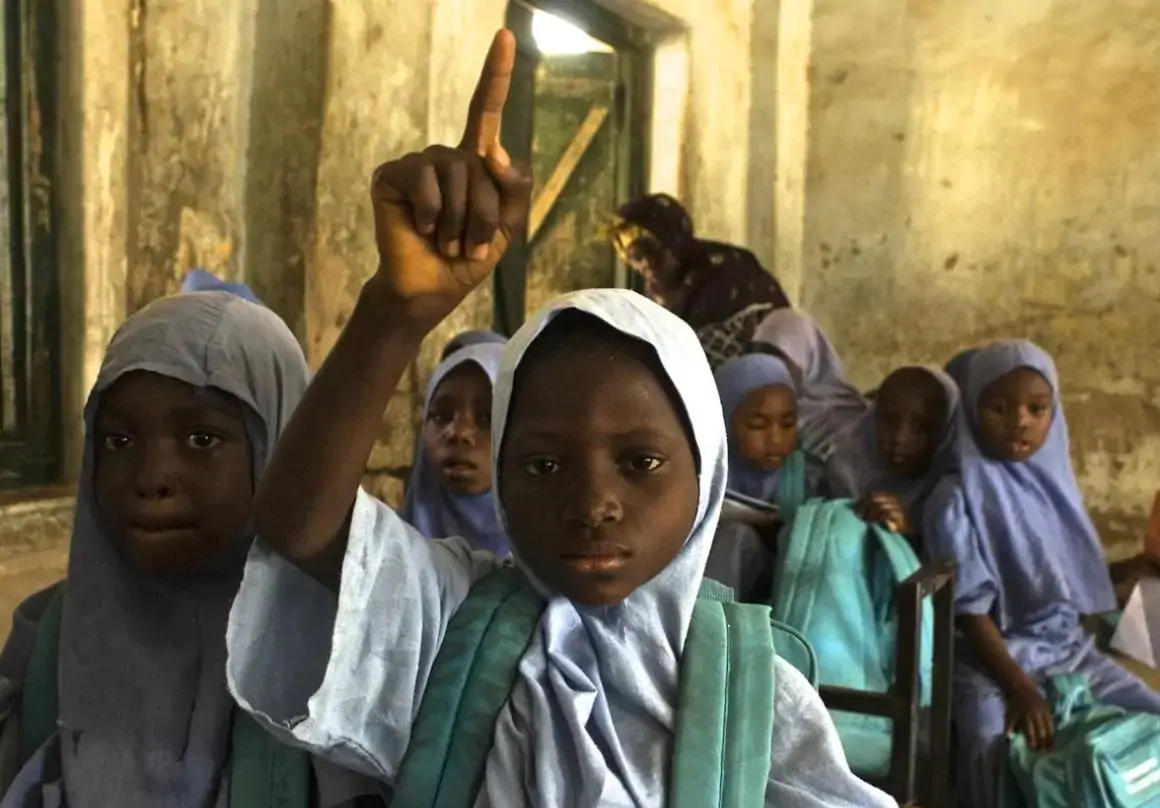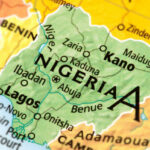In Nigeria, the state of girls’ education falls far below global standards. Despite government efforts to improve accessibility, many policies suffer from a lack of continuity across different administrations. Today, the persisting challenges have been exacerbated by the emergence of insurgents and kidnappers in rural areas. Consequently, this hostile environment has led to poor learning outcomes for girls.
The situation is further complicated by socio-economic factors. Many families struggle to afford education for their daughters, prioritizing other expenses such as food and shelter. Moreover, deep-rooted cultural beliefs and traditional gender roles often prioritize boys’ education over girls’. This perpetuates a cycle of inequality, where girls are deprived of opportunities for learning and advancement.
The rise of insurgents and kidnappers in rural areas only exacerbates these existing challenges, as parents fear for the safety of their daughters on the journey to school. Consequently, the educational landscape for girls in Nigeria remains fraught with obstacles, hindering their ability to reach their full potential and contribute meaningfully to society.
The UNESCO initiative launched in 1970 aimed to address global educational disparities, particularly in developing nations like Nigeria. Despite these efforts, subsequent studies revealed that many African countries, including Nigeria, significantly lagged behind in achieving universal primary education by 1993. This discrepancy underscores the ongoing challenges in ensuring equal access to education, especially for marginalised groups such as girls.
The lack of progress in educational attainment, coupled with the emergence of security threats in rural areas, highlights the urgent need for sustained and comprehensive interventions to improve the educational landscape for girls in Nigeria.
Another significant statistical analysis published in 2022 was the Multidimensional Poverty Index (MPI), a comprehensive tool that provides insights into poverty across various dimensions. Developed to measure poverty beyond income, the MPI evaluates three crucial categories: health, education, and standard of living. In Nigeria, the National Bureau of Statistics conducted this study, shedding light on the complex nature of poverty in the country.
The findings revealed a concerning reality: 6 out of 10 girls in Nigeria hail from low-income households, indicating a pervasive issue of economic hardship among families. Within this demographic, the situation is dire, as a staggering 8 out of 10 girls are subjected to early marriage, often before they complete their secondary education. This trend not only perpetuates cycles of poverty but also denies these young girls the opportunity for personal development and socio-economic advancement.
Furthermore, the poverty index underscored another critical aspect of the socio-economic landscape in Nigeria. It found that 1 in 7 low-income households relies solely on one man as the primary provider. This individual, typically the sole breadwinner, is often the only member of the household who has completed basic primary and secondary education. Such findings highlight the disproportionate burden placed on men in low-income families and the limited educational opportunities available to both men and women in these contexts.
Overall, they found that 29 per cent of school-aged children in Nigeria were not attending school and with that data set schoolgirls numbered higher than boys. The 2020 Covid lockdown worsened this disparity due to schools being shut down between March and October of that year, amounting to two semesters’ worth of learning lost.
Considering these factors, the government must implement comprehensive solutions to address poverty and enhance educational accessibility. It is imperative to minimise barriers for both girls and boys to attend schools effectively. At the state level, there is an urgent need to bolster security in local communities, particularly in light of the escalating banditry in the North West and North East regions.
Many parents are understandably reluctant to send their children to schools farther away due to safety concerns. Ensuring freedom of movement and protection from violence is a fundamental responsibility of the state, necessitating aggressive measures to resolve the insecurity crises in the North.
At the community level there is a need for livelihood support for families, such as microfinance loans or agricultural training, to help improve economic opportunities and reduce the financial pressure that often leads to early marriage. By supporting families to generate sustainable incomes, girls may be able to continue their education and pursue their aspirations.
There is the need to establish peer support groups for girls who create safe spaces for them to discuss challenges, share experiences, and provide emotional support. These groups can also serve as platforms for girls to advocate for their rights and mobilize community action to address issues such as early marriage and gender-based violence.
Empowering women and girls through skills training and vocational programmes can offer them alternative avenues toward economic independence. These initiatives equip girls with valuable skills, enabling them to earn income and support their families financially. By providing such opportunities, the pressure for early marriage is alleviated, as girls gain the means to pursue their aspirations and contribute meaningfully to their communities.
Addressing the intersecting challenges of poverty, education, and gender inequality requires a multifaceted approach that encompasses both macro and micro-level interventions.
By prioritising education, enhancing economic opportunities, and ensuring safety and security in communities, governments and stakeholders can create a more equitable and prosperous society for all. Empowering girls and women is not only a moral imperative but also a strategic investment in the future, paving the way for sustainable development and progress.
Ibrahim resides in Abuja



